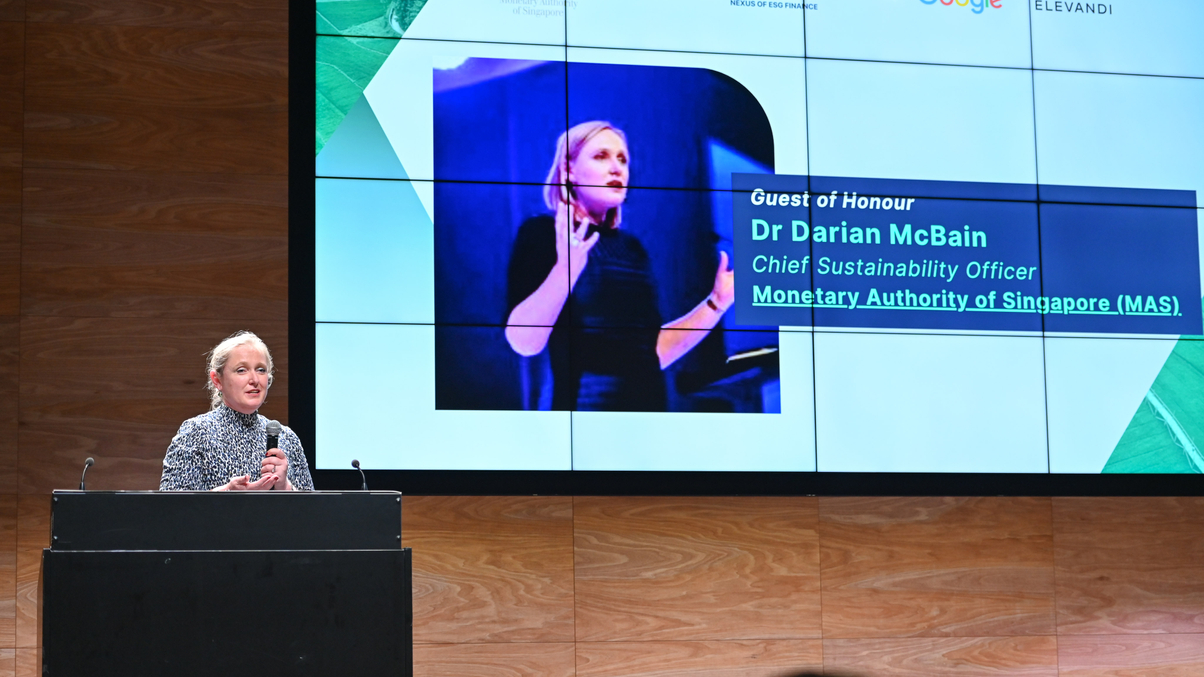Singapore launches blockchain-based ESG registry
ESGpedia, developed by fintech firm Hashtacs (Stacs), is the world’s first government-backed blockchain-based ESG registry that tracks data of this scale across industries.

The Monetary Authority of Singapore (MAS) has on Wednesday (May 18) launched ESGpedia, a blockchain-based registry platform that provides environmental, social and governance (ESG) data of companies across various sectors in a single location.
Sign in to read on!
Registered users get 2 free articles in 30 days.
Subscribers have full unlimited access to AsianInvestor
Not signed up? New users get 2 free articles per month, plus a 7-day unlimited free trial.
¬ Haymarket Media Limited. All rights reserved.


